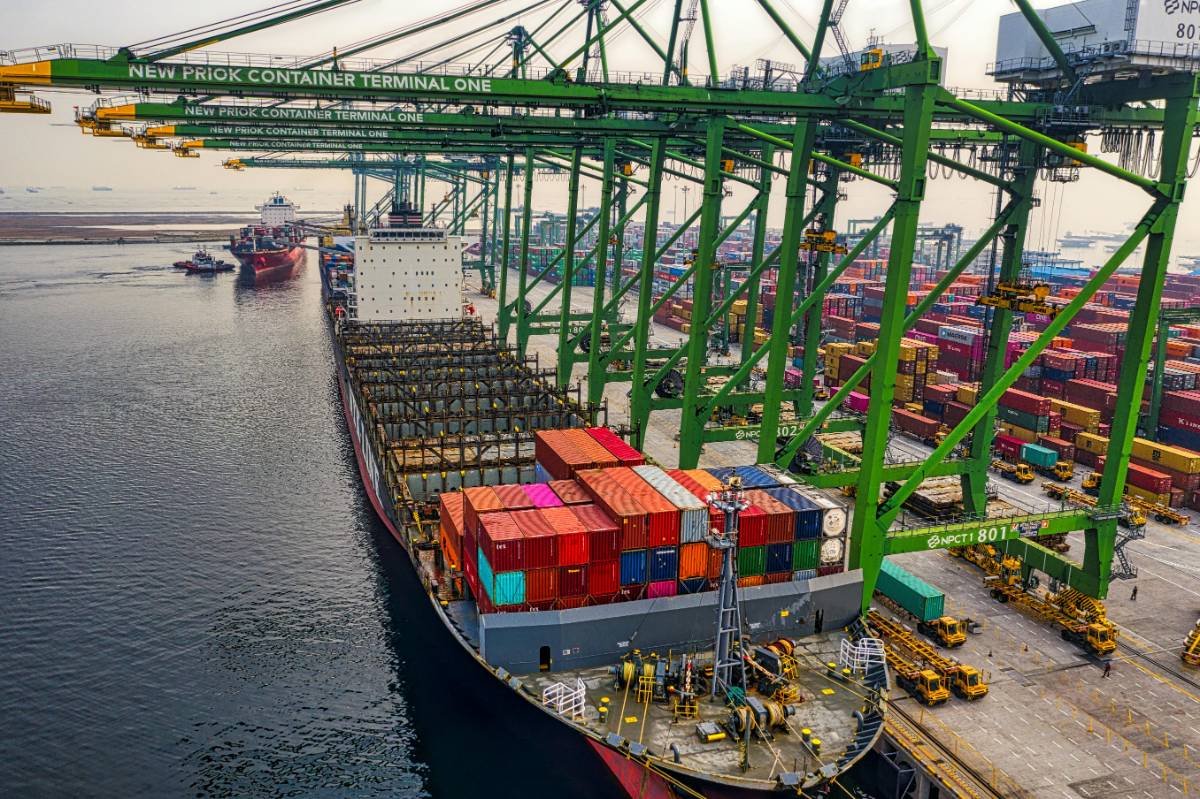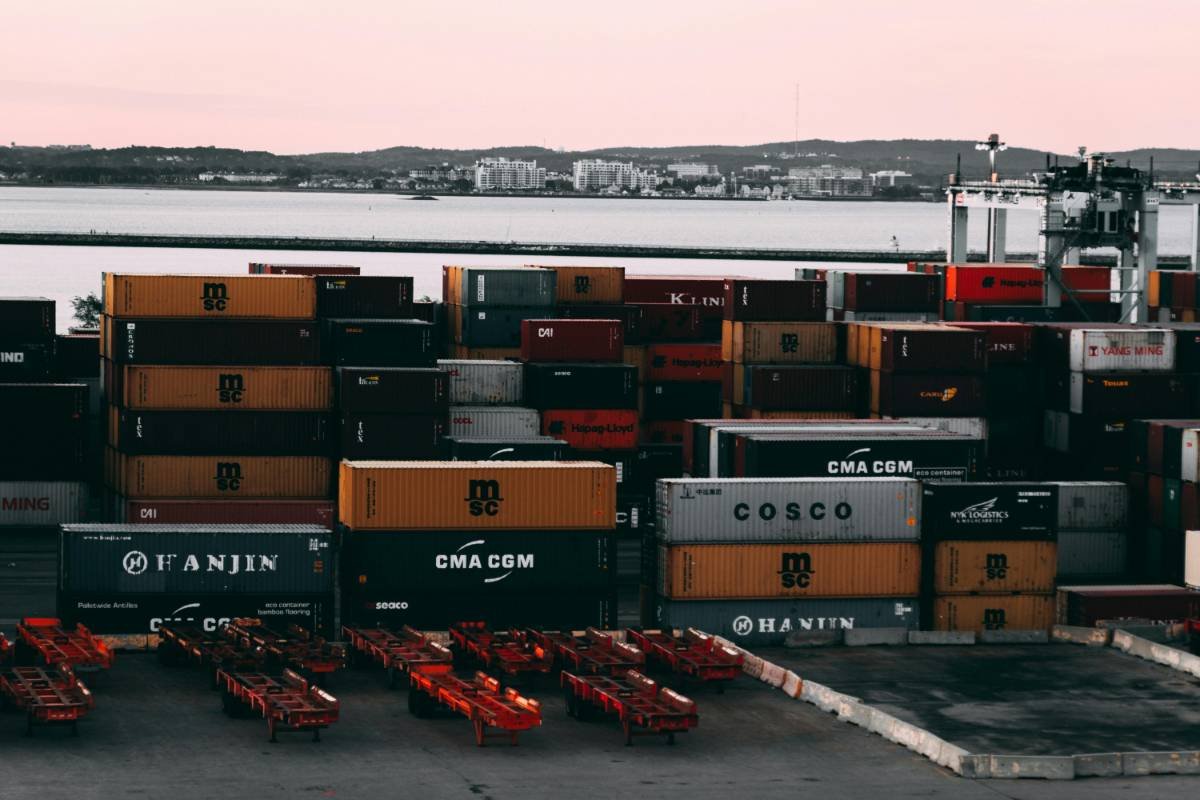
Understanding Cargo Insurance and Its Importance
Cargo insurance is a vital aspect of truck insurance, specifically designed to protect the goods and materials being transported. In this article, we will explore what cargo insurance is, its importance, and why it's essential for truckers and businesses in the transportation industry to have the right coverage.
What Is Cargo Insurance?
Cargo insurance is a type of coverage that protects the freight or goods being transported in a commercial truck. It covers the loss, damage, or theft of the cargo while in transit. This can be a critical form of protection, especially when transporting valuable or fragile goods. Cargo insurance can be customized based on the type of cargo being shipped and the risks associated with it.
Why Cargo Insurance Is Important
Cargo insurance is crucial for protecting not only the financial interests of trucking businesses but also the businesses relying on those deliveries. Without cargo insurance, the loss of goods during transport could result in significant financial setbacks. It also helps truckers and transport companies avoid the costs associated with damages, theft, or accidents while on the road.
Types of Cargo Insurance Coverage
There are several types of cargo insurance coverage options available, depending on the nature of the goods being transported. Some of the common types include:
All-Risk Coverage: Covers most risks, including loss, damage, or theft of cargo during transit, except for certain exclusions specified in the policy.
Named Perils Coverage: Provides coverage for specific risks, such as fire, collision, or theft, as listed in the policy.
Total Loss Coverage: Covers the total loss of cargo in the event of an accident or other significant damage.

Free on Board (FOB) Coverage: Commonly used in international shipping, it covers the cargo until it reaches a specified location, usually the buyer’s destination.
Warehouse-to-Warehouse Coverage: Covers the cargo from the point of origin to the final destination, including any stops along the way.
You might also like
1. Non-Trucking Liability Insurance: When and Why You Need It2. Types of Car Insurance Coverage Every Driver Should Know3. The Role of Motor Carrier Authority in Truck Insurance4. How the U.S. Health Insurance System WorksWhat Is Covered Under Cargo Insurance?
Cargo insurance typically covers damages or losses to goods caused by factors such as accidents, natural disasters, theft, or vandalism. Some of the most common scenarios covered by cargo insurance include:
Vehicle Accidents: If the truck involved in transporting goods is involved in an accident, cargo insurance can cover the loss or damage to the goods.
Weather Events: Natural disasters such as floods, storms, or earthquakes can damage or destroy cargo during transit, and cargo insurance helps cover those losses.
Theft or Vandalism: In cases where the cargo is stolen or vandalized during transport, cargo insurance helps to recover the financial loss.
Improper Handling: If the cargo is improperly handled during loading, unloading, or transit, and is damaged as a result, cargo insurance can cover the cost.
Who Needs Cargo Insurance?
Cargo insurance is essential for anyone involved in the transportation and shipping of goods. This includes truckers, logistics companies, freight forwarders, and anyone in the supply chain responsible for the safe delivery of goods. It's also important for businesses that rely on the safe and timely delivery of products to their customers, as it ensures that in the event of an issue during transit, financial protection is in place.
How Cargo Insurance Affects Trucking Businesses
For trucking businesses, cargo insurance provides a safety net against potential losses that could significantly impact their operations. Without it, companies would face the financial burden of covering losses themselves, which could lead to devastating consequences, especially for small businesses. Additionally, cargo insurance can help maintain customer trust by ensuring that shipments are covered against potential risks.
Factors Affecting Cargo Insurance Premiums
Several factors can influence the cost of cargo insurance premiums, including:
Value of the Cargo: More valuable cargo generally results in higher insurance premiums.
Type of Cargo: Fragile, hazardous, or perishable goods often require more expensive coverage.
Distance and Routes: Longer distances and riskier routes may increase premiums due to higher potential for loss.
Claims History: Companies with a history of frequent claims may face higher premiums due to the increased risk.
Type of Coverage: The type of coverage selected, such as all-risk or named-perils, will also affect the cost.
How to Choose the Right Cargo Insurance Policy
When selecting cargo insurance, it’s essential to assess your needs and the nature of your business. Consider the type of goods you transport, the risks involved, and the value of your cargo. It's advisable to work with a professional insurance agent who can help you understand the best coverage options for your situation. Be sure to read the policy exclusions carefully to understand what is not covered.
Conclusion
Cargo insurance is a critical element in the truck insurance landscape. It protects the value of the goods being transported and provides financial security to businesses that rely on the safe delivery of cargo. By understanding the importance of cargo insurance, the different types of coverage available, and how it impacts your business, you can make informed decisions about your insurance needs. Protecting your cargo with the right coverage can save you from costly losses and ensure the success of your operations.
About the author
Ava Montgomery is a seasoned finance writer with over 8 years of experience helping millennials and Gen Z take control of their money. With a background in economics and a passion for demystifying complex financial concepts, Ananya shares actionable tips on budgeting, investing, and building long-term wealth. Her mission is to make financial literacy accessible, relatable, and empowering — no jargon, just smart money moves.


